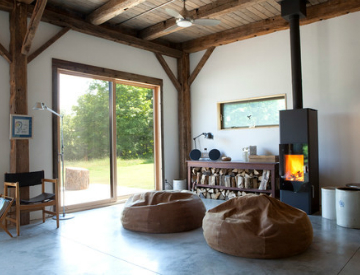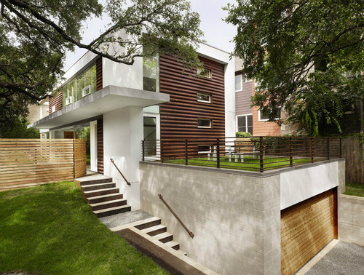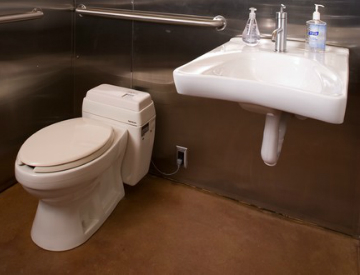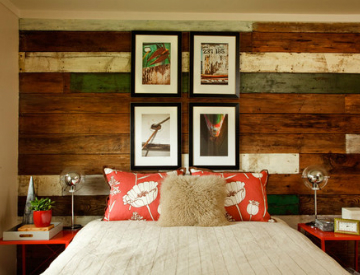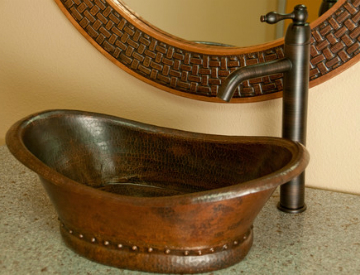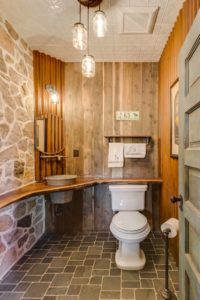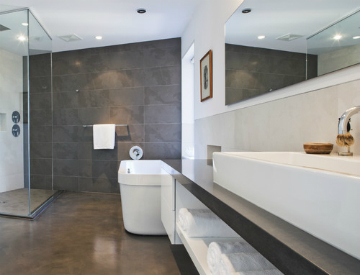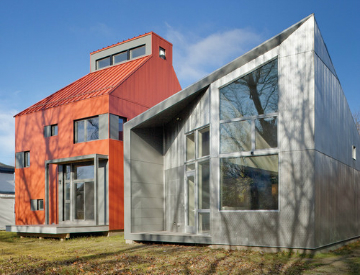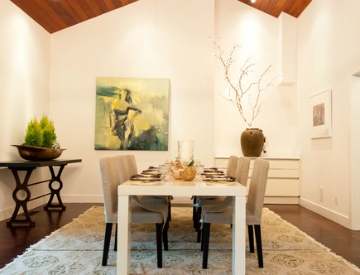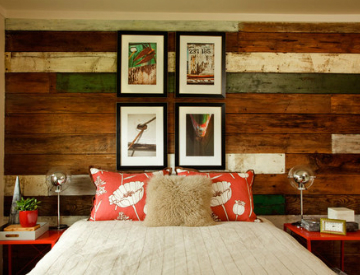
There are plenty of reasons why you’d want to “go green” and create a more eco-friendly home. Here are some tips to help you get started. Source: Houzz
For a lot of homeowners, the first things that come to mind when they hear “going green” tend to be big, expensive, and time-consuming. Examples range from installing solar panels to building walls with straw bales. However, it is important to remember that going green doesn’t have to be complicated.
So get started with these green home tips:
- Awnings can have enormous impact on household operating costs because sunlight hits the Earth at a steeper angle in summer. This means that awnings placed in the right positions can let in less sunlight in summer and more sunlight in winter, thus reducing cooling and heating costs in the respective periods.
- Likewise, it never hurts to improve the insulation on the sides of windows with a little foam. Instead of a can, invest in a foam gun for both superior control and a reduction in waste.
- Using recycled products is beneficial for the environment, but using reclaimed and repurposed products is even better. You may even find such products appealing to your sense of aesthetics, since so many of them tend to be so full of character.
- Finally, avoid products that contain contaminants such as VOCs.
Please contact us for more information.










